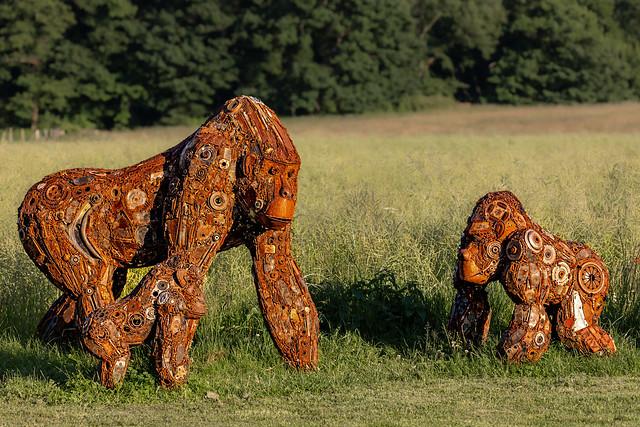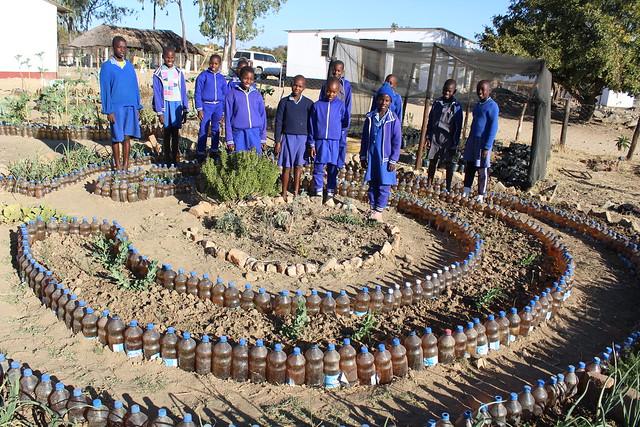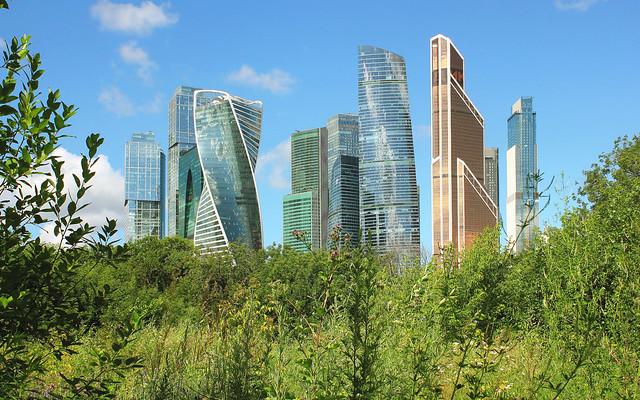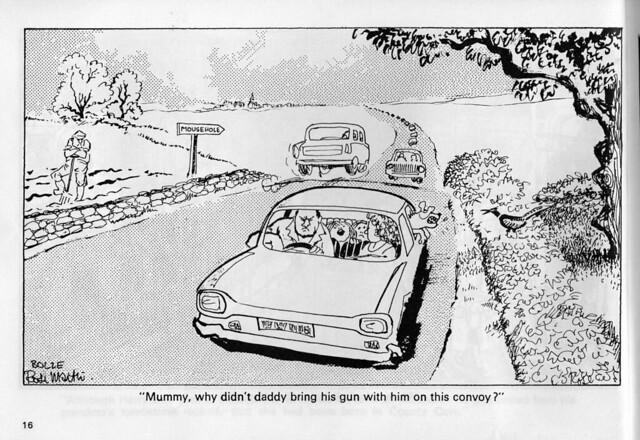



Harare
Overview
Overview of Harare
Harare, the vibrant capital of Zimbabwe, is a city pulsating with life and energy. Nestled in the eastern part of the country, it serves as the economic, political, and cultural heart of Zimbabwe. With a population of over 1.5 million, Harare is a melting pot of diverse cultures, languages, and traditions, fostering a unique atmosphere that captivates visitors. The city is characterized by a blend of modern skyscrapers and colonial-era architecture, providing a glimpse into its historical significance while also embracing contemporary development.
Cultural Diversity and Atmosphere
Walking through Harare, one can feel the rich tapestry of its cultural diversity. The city is home to various ethnic groups, with Shona and Ndebele being the most prominent. This cultural amalgamation is reflected in the vibrant arts scene, which includes traditional music, dance, and crafts. The streets often come alive with the sounds of mbira (thumb piano) and drums, as local musicians showcase their talents. Art galleries and cultural centers, such as the National Gallery of Zimbabwe, display both contemporary and traditional artworks, making Harare a hub for artistic expression.
Historical Significance
The history of Harare is deeply intertwined with the broader narrative of Zimbabwe. Originally founded in 1890 as Fort Salisbury by British colonial settlers, the city has undergone significant transformations over the decades. Important historical landmarks include the Zimbabwe Museum of Human Sciences, which houses archaeological artifacts and ethnographic displays that narrate the story of Zimbabwe's past, from ancient civilizations to the colonial era. The National Heroes Acre is another poignant site, serving as a memorial to the heroes of the liberation struggle, and offers insights into the country's fight for independence.
Local Characteristics and Attractions
Harare's charm lies not only in its history and culture but also in its local characteristics. The city's numerous parks, including the lush Harare Gardens and the expansive Botanical Gardens, provide serene spaces for relaxation and leisure. The lively markets, such as Mbare Musika, are a feast for the senses, showcasing fresh produce, handmade crafts, and local delicacies. Here, visitors can immerse themselves in the daily life of Harare's residents, tasting dishes like sadza (a staple cornmeal dish) and enjoying traditional street food.
Climate and Outdoor Activities
Harare enjoys a mild climate, making it an ideal destination for outdoor enthusiasts. The city experiences a subtropical highland climate, with warm summers and cooler winters. The nearby Eastern Highlands offer breathtaking landscapes and opportunities for hiking, while the Lake Chivero Recreational Park provides a perfect escape for picnicking, birdwatching, and boat rides. Additionally, nature lovers can explore the nearby Gonarezhou National Park, which is home to diverse wildlife and pristine scenery.
Conclusion on Local Life
The heartbeat of Harare is best experienced through its people. The warmth and hospitality of the locals create a welcoming atmosphere for foreign travelers. As you stroll through the streets, you may find yourself drawn into conversations with friendly residents, eager to share their stories and experiences. Festivals, such as the Harare International Festival of the Arts (HIFA), celebrate creativity and bring together artists from around the world, further enhancing the city's lively spirit.
In essence, Harare is a city where history, culture, and modernity converge, offering travelers a rich and engaging experience that is both enlightening and memorable.
Other towns or cities you may like in Zimbabwe
Explore other cities that share similar charm and attractions.




